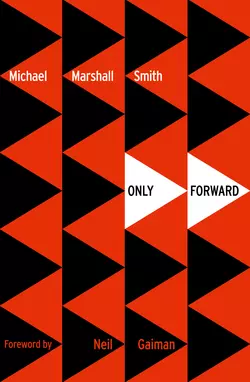Only Forward

Michael Smith
Тип: электронная книга
Жанр: Современная зарубежная литература
Язык: на английском языке
Стоимость: 481.09 ₽
Статус: В продаже
Издательство: HarperCollins
Дата публикации: 17.04.2024
Отзывы: Пока нет Добавить отзыв
О книге: Michael Marshall Smith’s surreal, groundbreaking, and award-winning debut which resonates with wild humour interlaced with dark recollections of an emotional minefield. Now part of the Voyager Classics collection.May we introduce you to Stark.Oh, and by the way – good luck.Stark is the private investigator who goes to work when Something Happens to you. And when a Something happens it’s no good chanting ‘go away go away go away’ and cowering in a corner, because a Something always comes from your darkest past and won’t be beaten until you face it. And that’s not easy in a city where reality is twisting and broken, a world in which friends can become enemies in a heartbeat – and where your most secret fear can become a soul-shredding reality.And the worst of it is, for this nightmare you don’t even have to be asleep…Considered a modern classic, and consistently featured in lists of Books To Read Before Your Head Explodes, ONLY FORWARD is a novel you′ll never forget.